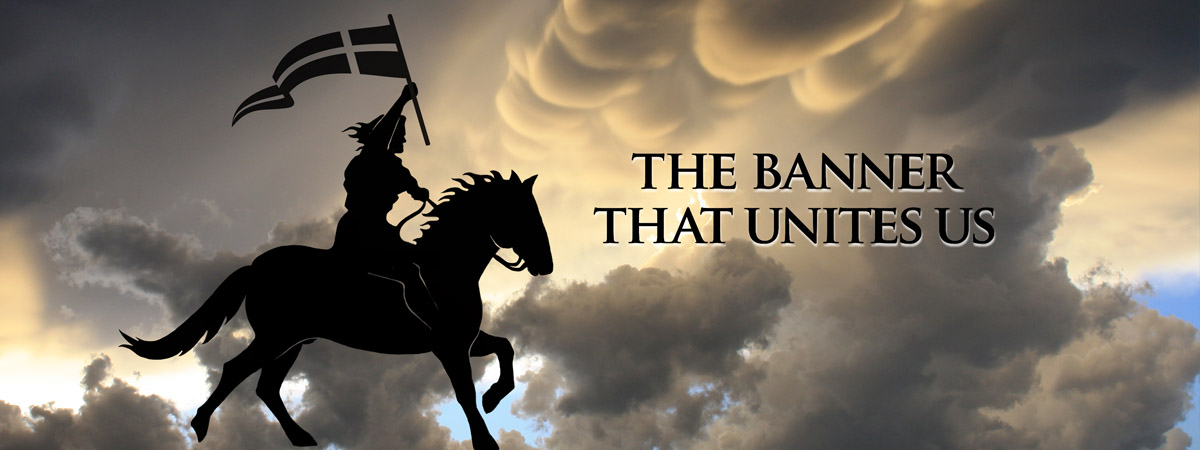In a world often characterized by individualism and disconnection, the Bahá’í teachings present a compelling argument for the necessity of cohesiveness and community, particularly in the context of male relationships. One might ponder: Why should men prioritize the creation of brotherhood among themselves? This inquiry unveils a deeper challenge—how can men effectively cultivate a sense of belonging and brotherhood in an era punctuated by competition and societal expectations? Understanding the implications of community and bond is essential for personal and spiritual development.
At the core of Bahá’í teachings lies the principle of unity. This principle underscores the importance of collective experience, establishing that humanity flourishes in interdependence rather than isolation. Men, like all individuals, thrive within a supportive community that fosters growth and camaraderie. Brotherhood thus becomes a sanctuary where mutual support is not merely encouraged but celebrated. This support system acts as an antidote to contemporary anxieties and pressures that many men face in their daily lives.
The Bahá’í Faith elucidates the concept of the oneness of humanity, which advocates for dismantling barriers that separate individuals; this is equally relevant in the context of gender. The conventional notions of masculinity often extol self-reliance, emotive stoicism, and invulnerability, inadvertently hindering emotional connections and brotherly bonds. Therefore, embracing vulnerability can serve as a preliminary step toward fostering deeper relationships among men. This leads us to ask: How can men find strength in vulnerability to cultivate brotherhood?
A foundational element in developing brotherhood is authentic communication. The essence of brotherhood is predicated on open dialogue, where men feel comfortable sharing their fears, aspirations, and experiences without the fear of judgment. In traditional settings, emotional honesty may be eschewed, as societal norms dictate a veneer of toughness. However, Bahá’í teachings encourage individuals to express their thoughts and feelings candidly, inviting a culture of empathy and understanding. The act of storytelling, where men share their journeys and encounters, becomes a powerful vehicle for connection and solidarity.
Moreover, brotherhood is fortified through shared experiences. Men engaged in activities such as volunteer work, sports, or spiritual discussions can cultivate a sense of trust and mutual support. For instance, participating in community service also aligns with the Bahá’í emphasis on service as a means for personal development and communal cohesion. Such activities not only provide an avenue for camaraderie but also instill a sense of purpose, as participants work toward common goals. Thus, one might consider: How can the act of serving others enhance the bonds among men?
Another distinctive aspect of nurturing brotherhood is the accountability inherent within these relationships. Men, when bound by the ideals of brotherhood, have a responsibility to uphold each other’s well-being. This dynamic fosters an environment where men are emboldened to challenge one another constructively, enabling personal growth. It moves beyond mere friendship into a realm where men actively participate in each other’s development—holding each other accountable for their actions and decisions while continuing to encourage and uplift. In the broader context of the Bahá’í teachings, this reflects the interconnectedness of all individuals and serves as a microcosm of how society ought to function.
Yet, despite the apparent benefits, men may still grapple with the challenge of fully engaging in these relationships. The path to brotherhood is not devoid of hurdles. Societal conditioning may propagate a reluctance to forge emotional bonds or a fear of being perceived as weak. However, it is crucial to understand that true strength lies in unity. This is reinforced by the Bahá’í perspective that emphasizes the power of collective effort, thereby positing that collaboration amongst men can lead to significant social transformation.
To transcend these societal barriers, it is imperative for men to actively seek platforms that prioritize brotherhood. Engaging in men’s groups or community forums dedicated to personal growth and open discourse can yield fruitful connections. These settings provide a refuge where deep discussions can flourish, addressing issues such as mental health, emotional intelligence, and collective responsibility. Furthermore, creating spaces within one’s own community for men to gather and engage in meaningful dialogue fosters an environment conducive to brotherhood.
In summation, the Bahá’í teachings illuminate the intrinsic value of cohesiveness and community across all segments of society, encompassing the male experience. Brotherhood among men is not merely a network of friendships, but a vital construct that supports personal development and social responsibility. By fostering communication, shared experiences, vulnerability, and accountability, men can forge lasting bonds that ultimately enrich not only their lives but the communities to which they belong. As one reflects on the initial question of why men need brotherhood, it is evident that the embrace of these relationships contributes profoundly to individual and collective flourishing.
In essence, as we move toward a more unified society, let us challenge ourselves to actively pursue the principles of brotherhood, embracing the fullness of our humanity. It is within this camaraderie that men can find solace, strength, and greater meaning in their lives, all while contributing to the broader tapestry of human unity. Consequently, the age-old call for solidarity amongst men emerges not only as relevant but as essential in fostering a harmonious and supportive community.
